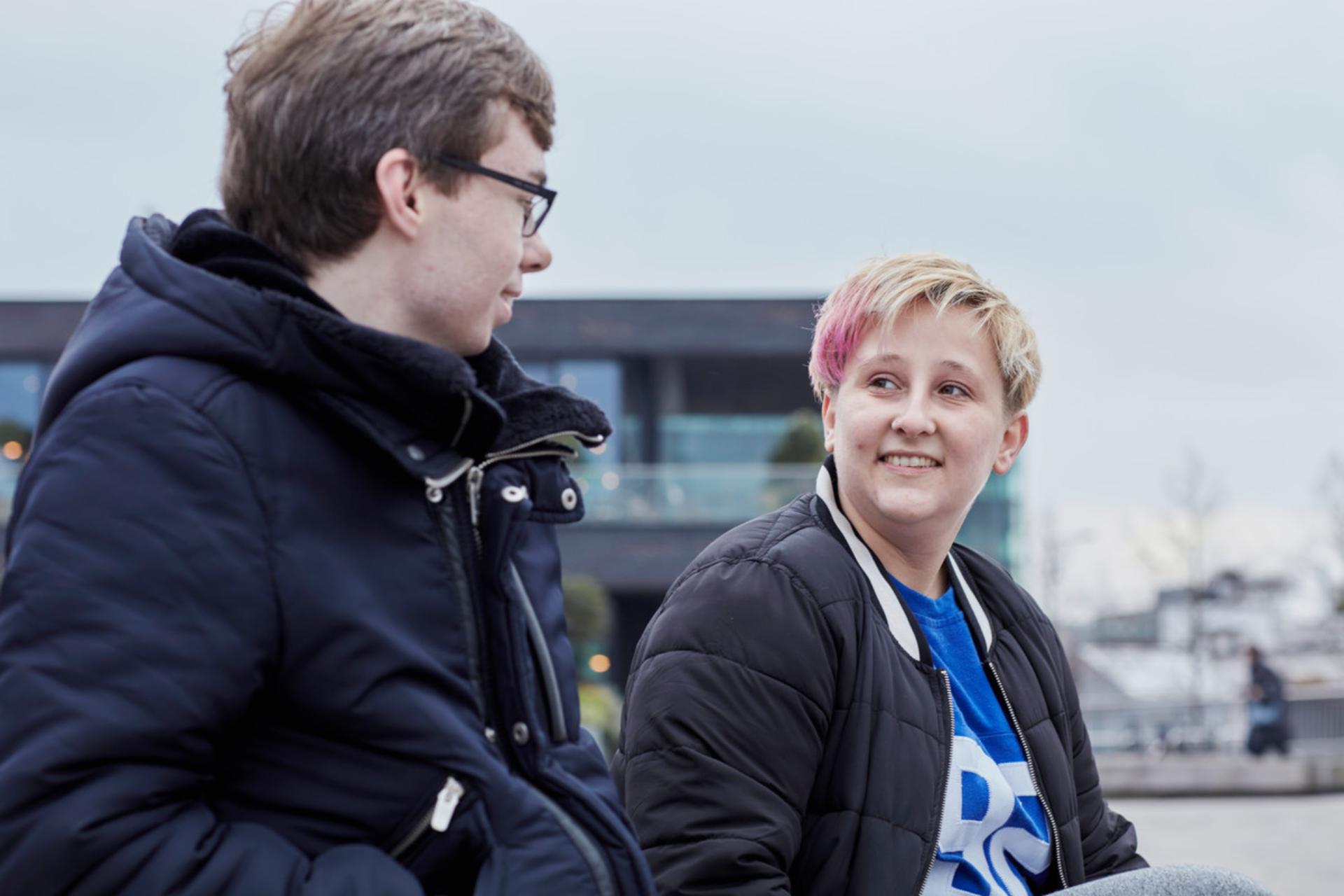Abortion and the referendum in Ireland
Ivana Bacik, Labour Party Senator, Dublin
My personal reproductive rights journey began when I was President of the Student Union at Trinity College, Dublin in 1989 and I was threatened with prison.
A pro-life group called The Society for the Protection of the Unborn Child (SPUC) started to take legal cases against student’s unions and women's counselling centres to stop us from providing phone numbers and addresses of abortion clinics in England. Irish women had been travelling in large numbers to England over many years since abortion was legalized in England in 1967, so student unions helped them by providing information.
In 1983 the people voted for the eighth amendment, a text inserted into the Irish constitution to guarantee the unborn an equal right to life to that of the mother. There was nothing in the eighth amendment about information, but it was used by SPUC. They won a legal case that if you give information to a woman in crisis pregnancy that might enable her to access abortion, therefore that's endangering the life of the unborn and therefore it's in breach of the Constitution. It was a big legal jump of interpretation to suggest that the eighth amendment should stop women from accessing information but that's what happened. The Students Union was taken to court and we were threatened with prison just for giving out information to women in crisis pregnancy.
Our case generated huge outcry. We didn't get sent to jail because our legal counsel Mary Robinson (who went on to be first female President of Ireland) made a series of very important arguments based on European law and our case was sent to the European Court of Justice in Luxembourg. After that there was a series of referenda in 1992, and one of those guaranteed freedom of information. Since 1992 women can be given information on where to access abortion but it's subject to certain restrictions. For example, doctors and counsellors cannot refer a woman to a clinic in England. They can only give the information and she must make the appointment herself.
This created more obstacles for women. It was particularly difficult for women with diagnoses of fatal fetal abnormality, where they're in a hospital in Ireland and yet their doctors can't refer them to a doctor in England to terminate their pregnancy. They can only just give them the phone number.
when
country
Ireland
Subject
Abortion Care
Related Member Association
Irish Family Planning Association









